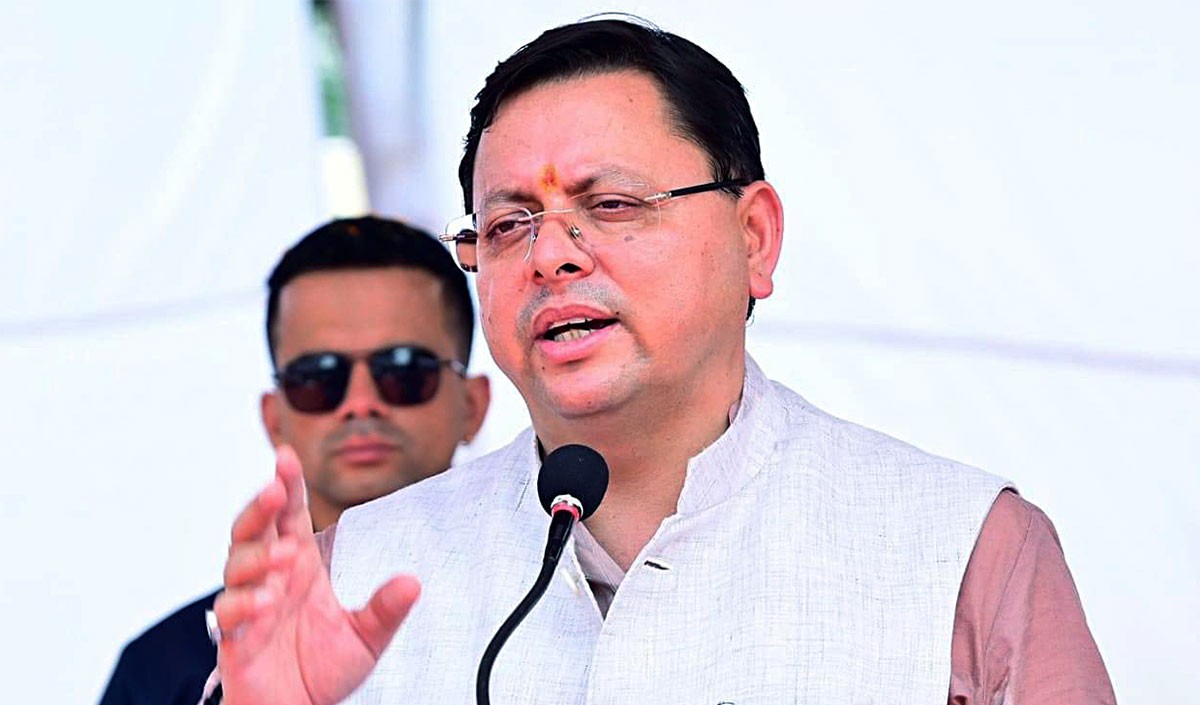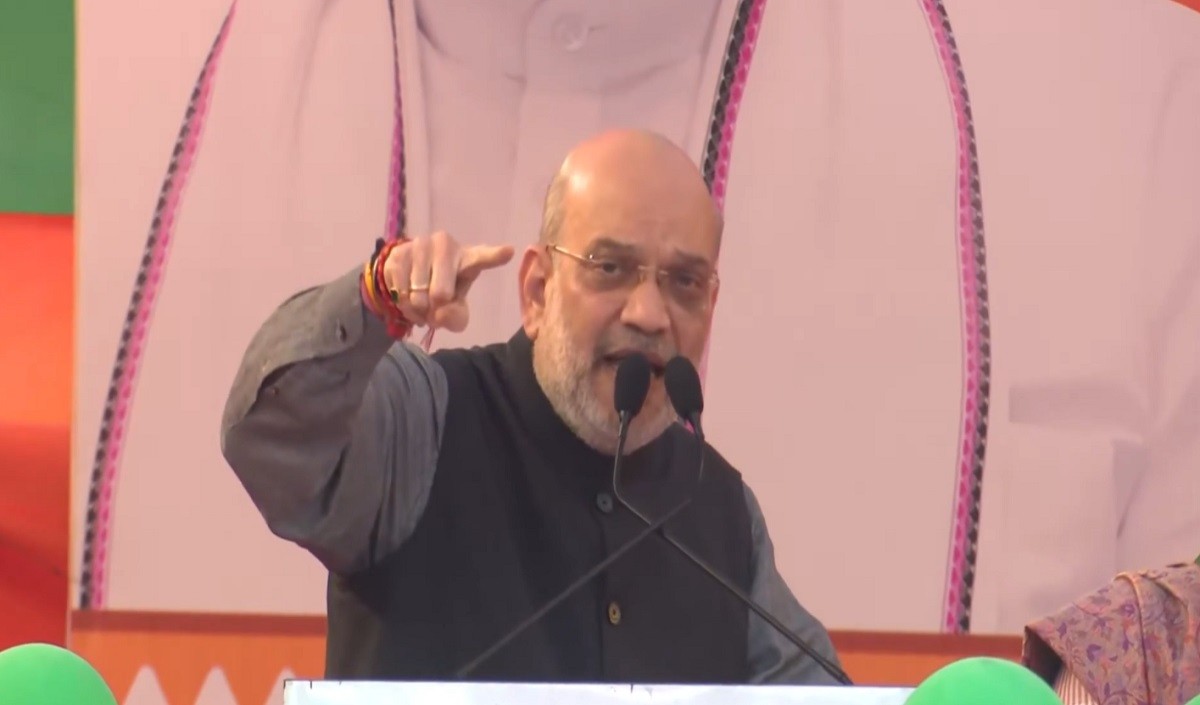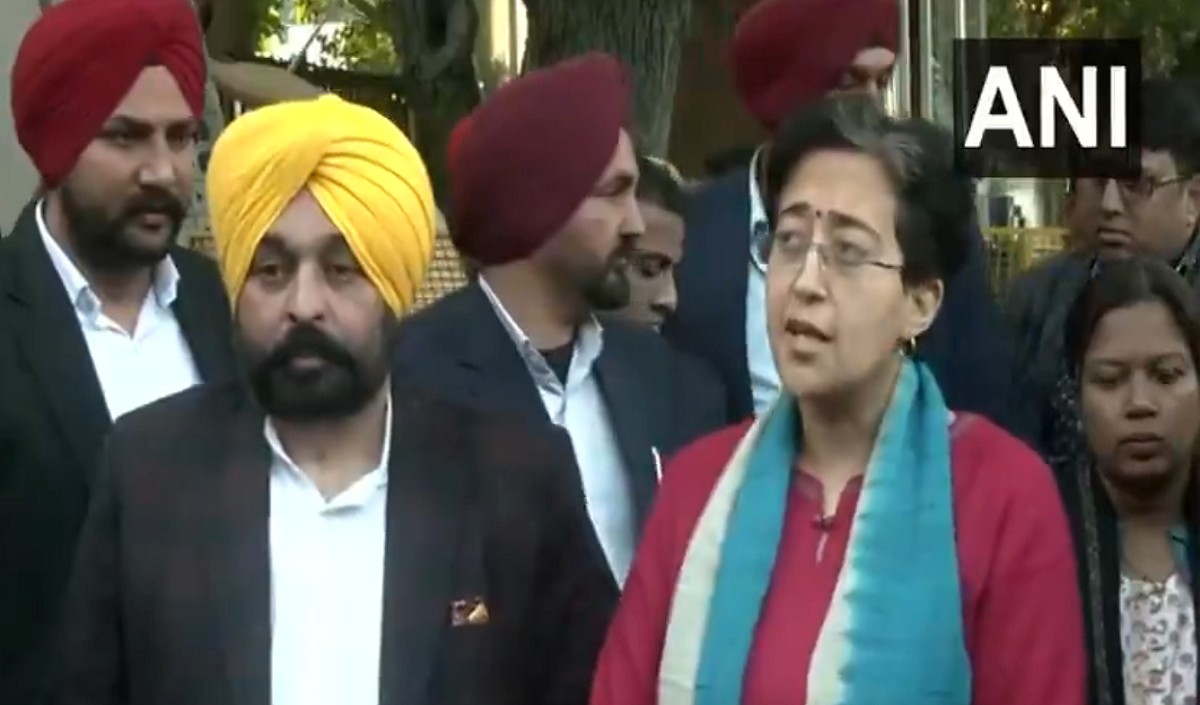Uttarakhand has become the first state of independent India where the Uniform Civil Code has been implemented. The Uniform Civil Code (UCC) prioritizes the protection of personal rights and controls other laws including marriage, divorce, succession and symbiosis (live-in). Let us tell you that beyond religion, all the residents of Uttarakhand have been banned in the Uniform Civil Code Act, 2024. The Act will not apply to the preserved persons and communities under Article 342 and 366 (25) of the Constitution and protected individuals and communities under Part-21. The main provisions and objectives of the UCC include making the legal processes related to marriage simple, well -organized and transparent.
If seen, overall this law promotes social sauce, ensuring conservation of personal rights. But Muslim organization Jamiat Ulema-e-Hind has described it as discriminatory and based on prejudice and said that it will be challenged in the apex court. Both groups of Jamiat have issued separate statements saying that the Uniform Civil Code is against the religious freedom present in the Constitution and it is “not acceptable under any circumstances.” It has to be seen that when there is a hearing on this law in the apex court, what comes out. But it is so much that Uttarakhand has started a discussion about the need of UCC across the country. Discussion is also happening on how effective the UCC law of Uttarakhand is or what things are left in it. Ashwini Upadhyay, a senior advocate of the Supreme Court on this issue and the PIL Man of India, has said that five major issues are left from joining this law, so Prime Minister Narendra Modi should have these five to save Uttarakhand. Also include issues in the UCC of the state.
Also read: Chai Par Sameeeksha: Know what can the BJP do for the Delhiites that AAP has not been able to do yet
Let us tell you that the law of Uttarakhand promotes the social harmony, ensuring the preservation of personal rights. In this, the eligibility criteria for marriage is that none of the two sides should have a living spouse. Chapter one of the UCC related to marriage and divorce clearly states that if the age of a man and a woman is married and none of the living is a living spouse at the time of marriage, then the marriage can be held between them. . It states that both should be mentally healthy and capable of giving consent for marriage. According to the UCC, the minimum marriage age for a male should be 21 years and the female should be 18 years. It has been made mandatory to register marriage within 60 days in UCC. However, it also states that marriage will not be considered invalid only due to lack of registration.
It states that weddings will have to be registered within six months from 26 March 2010 to the implementation of the Act. Marriage before 26 March 2010 can also be registered, but it is not mandatory. People who have already registered their marriage as per rules, do not need to register again. Marriage can be registered both online and offline. Under the UCC, within 15 days of applying for registration, sub-registrar will have to take a decision on it and if the decision is not taken during this period, this application will automatically reach the Registrar. If an application is canceled, there will be a transparent appeal process for it. Apart from this, there is also a provision for penalty for giving false information. The state government will appoint Sub Registrar, Registrar and Registrar General for monitoring and implementation of the process of marriage registration.
UCC not only simplifies the marriage process but also makes it more transparent and public friendly. It provides a streamlined structure to prepare and cancel the will and codisil (will (will hear). In this Act, various aspects related to will have been discussed in detail. In view of the tradition of making outstanding contribution of the armed forces in the state, the Act provides for a ‘privileged will’ according to which soldiers, airmen or navies living on active service or deployment can also prepare their will under simple and flexible rules. -He is handwritten, directed orally, or presented words to the witnesses. The basic objective of this provision is that even soldiers deployed under difficult and high risk conditions can also make their property-related desires effectively. For example, if a soldier writes a will with his own hand, he will not have the formalities of the signature or attesment, provided it is clear that the document is prepared at his own will.
Similarly, if a soldier verbally announces his will to the two witnesses, he will also be considered as ‘prevention will’. However, it will automatically become invalid after a month, if the person is still alive and his special service conditions like active service have ended. ‘Privilaged will’ can also be canceled or revised by the soldier in future by creating a new pre -prevised will, or simple will. Creating a will in UCC is not mandatory for anyone and this is only a personal decision. However, a safe and simple arrangement has been made in the Act for the person who wants to set clear guidelines for his property. A portal has also been prepared under UCC to provide all these services to the public in a convenient manner.




